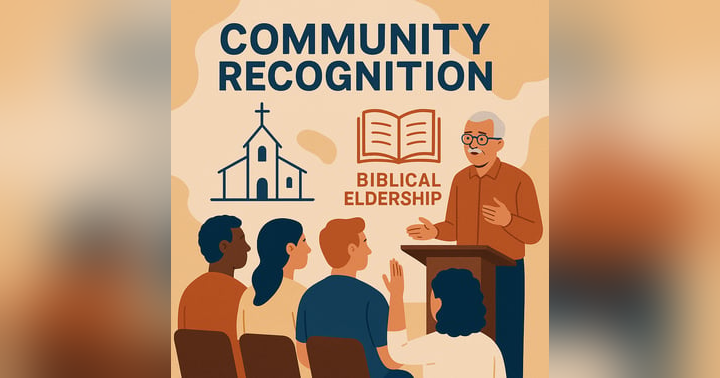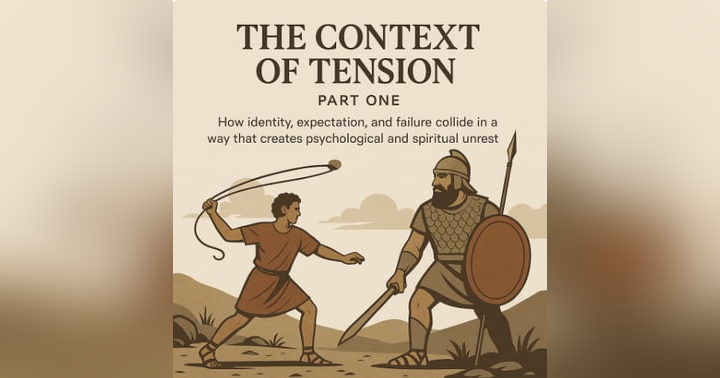The Told Principle

The Told Principle
You may have heard about "The Told Principle" in episode three of our podcast. Or maybe you are just now stumbling upon this principle now.
The told principle is taught to us at an early age. We go to school and we are taught a new concept. We assume its true since the teacher that is teaching us has some sort of credentials. We assume its true. Over time, we put into practice what we are told until its part of our mindset and worldview. In our families growing up children are told what to do. No questioning is needed from children to their parents as to the validity of the demand or instruction. Some parents take their time teaching and others just tell them and expect kids to figure it out along the way. Either approach has is ok and has value. Along the way as we go further in our education such as college or tech school, we listen to instruction and take it as face value. Its school, its suppose to be true. Not until you get out into the real world do you get a chance to put these things to the test.
So what happens when we go to our local places of worship and get instruction or lessons during our weekly worship? Well that depends on a couple of things. Various churches have different levels of "authority" structures built in. Some of them are more strict than others. Most would challenge you to assume that what you are being taught is correct. However, the buck does not stop there so to speak. People are responsible for making sure the information is correct. This is one of the reasons we created the Berean Project. A person of noble character does not assume, they investigate. They dig into the scriptures to make sure that they are not told something incorrect. The next logical question would be: Is it possible the speaker or leader would give me false, bad or incorrect information? That's the million dollar question. The answer is YES. This happens all the time, whether or not its intentional is not really the question. The problem therein lies with the listener merely nodding their head in agreement and do zero homework to see if what was told is true.
And the definition is.......
Most do not want to investigate anything after church. Most do not want to "figure it out" Most are content to take what was told as the truth. Most people are lazy. (sorry) Farmers don't harvest crops while sitting on the couch during planting season. We would rather be told, its the bases of the "told principle" Its easy, not challenging and fits nicely in the status quo. Is that you?
The told principle happens every day in our modern churches, and the problem is the people doing the telling are the nicest people in the world. Our unwillingness to investigate may work for a while, but eventually it catches up with us as we go on our spiritual journey. Believe it or not, God loves questions. Ask and don't be afraid
So how do you recognize it?
Anytime anyone on stage cracks open the Bible to quote a scripture ask yourself these questions.
- Is this part of a scripture or an entire passage?
- Did the speaker explain the context of the scripture before reading it?
- Did the scripture read contain the "phrase or theme of the day" sermon?
- Did they use more than one scripture to emphasize the point they were trying to make
- Do you understand all the aspects of Context?
- Does the speaker have some sort of authority in the church?
If any of these questions are setting off small alarms, go ahead and investigate. One of the best ways to spot "the told principle" in an instant is to get really knowledgeable about context. Episode 6 of the way forward mini series can help with that tremendously.




